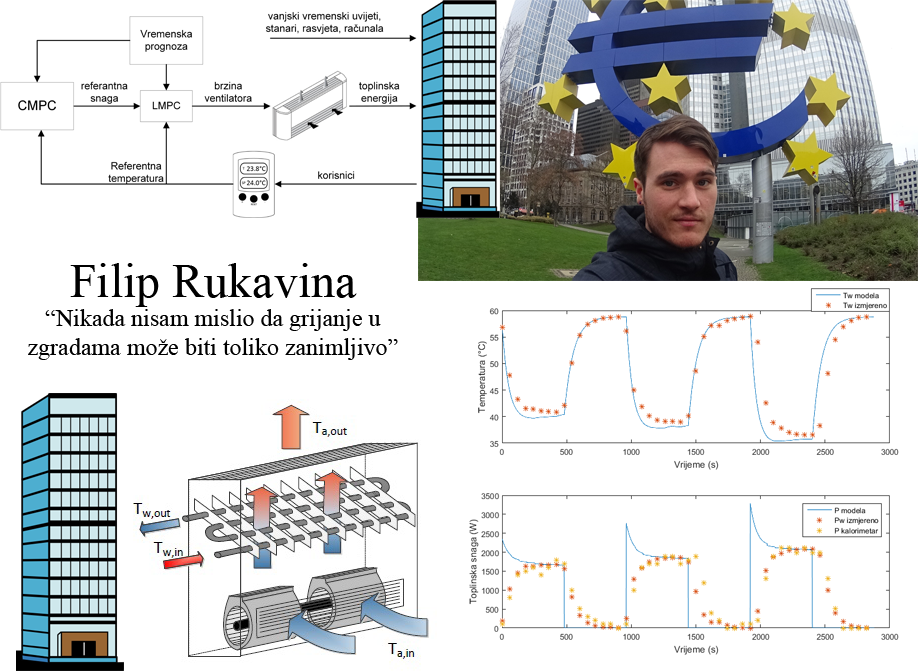Control of room heating through commanded energy input in time
master thesis, 2017

Energy efficiency, being one of the hot topics globally, can be improved significantly by minimizing energy dissipation in buildings, since buildings use the largest amount of energy today. Heating, Ventilation and Air Conditioning (HVAC) systems make just one subsystem of the whole building, but their energy share, however, is among the highest.
This paper develops control algorithm of room heating through a fan coil actuator. The control is based on a model predictive control with hierarchical structure where the fan coil regulator adheres to the required thermal energy input in zones in required amount of time set by higher instance which makes predictions based on dynamic building model and weather forecast. It is shown that such control structure has considerable advantages over the conventional hysteresis control, both in the energy consumption and the user's comfort. For the need of the model predictive control a fan coil model was identified using data gathered from Faculty of Electrical Engineering and Computing living-lab.
Keywords: Fan coil model, model identification, MPC, model predictive control, mixed integer optimization, control of room heating



 Pristupačnost
Pristupačnost